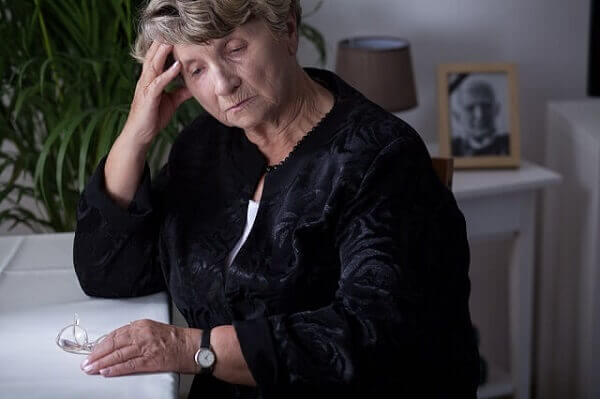
Washington Injury Lawyers Helping Loved Ones of Nursing Home Wrongful Death Cases
Wrongful deaths occur when a person dies as the result of someone’s misconduct, actions or neglect. Lawsuits for a wrongful death are common with nursing home abuse and neglect cases – especially in situations where the elderly care or individual’s care was so poor it results in an avoidable death.
Who Can Sue for a Wrongful Death?
In a nursing home abuse or neglect case, the regulations that govern these accidents are highly complex. It is important to realize that not all deaths in a nursing home setting qualify for a wrongful death claim and in the state of Washington, the burden of proof is on the plaintiff.
Only certain individuals can file a wrongful death claim for a nursing home death. This claim can be filed by the estate of the deceased for things such as the cost of funeral or burial, income of the deceased, etc. Some relatives are also entitled to file a claim for economic and non-economic damages – also referred to as “pain and suffering.” Non-economic damages will help quantify the emotional impact of the death.
The Two-Tier System
The state of Washington uses a two-tier system to determine who has the right to file a wrongful death claim. Some individuals are automatically entitled to file a claim, such as the spouse and children. These are known as first-tier claimants. The second tier will include parents and siblings of the deceased. These claimants can only file a wrongful death claim if they were financially dependent on the nursing home victim. Because it is unlikely the nursing home victim was financially supporting anyone, second-tier claimants should not be present in this type of wrongful death case.
The Statute of Limitations
Just like other wrongful death cases, there is a statute of limitations in the event someone dies because of neglect or abuse in a nursing home. In the state of Washington, the claim must be filed within three years of the death or discovery. If you discover that your loved was abused or died from neglect a few months after their death, you can still file a wrongful death claim. However, if you wait more than three years, the court may refuse to hear your claim. This is why it is imperative you speak with a wrongful death lawyer as soon as possible.
Damages
In the event a loved one dies because of nursing home abuse, you will first need to report that suspected neglect or abuse to the state’s health department. They can open up an investigation to help determine the cause of death and also if practices at the facility led to your loved one’s death. This investigation can also be used during your wrongful death case.
Once it has been established that your loved one’s death was the result of negligence or malpractice, you can then file a claim for damages. Some damages that you may be entitled to (dependent on your relationship with the victim) include:
- Medical bills
- Nursing home fees paid in advance
- Damages for pain and suffering
- Costs related to any damaged property
- Loss of companionship
Speak with a Washington Attorney First
If you have lost a loved one and suspect that their death was the result of negligence or abuse from a nursing home, contact Brett McCandlis Brown & Conner PLLC today. Our personal injury attorneys are here to help you explore your options and hold those accountable for their actions. Schedule a free consultation today at 800-925-1875 or fill out an online contact form with your questions.


